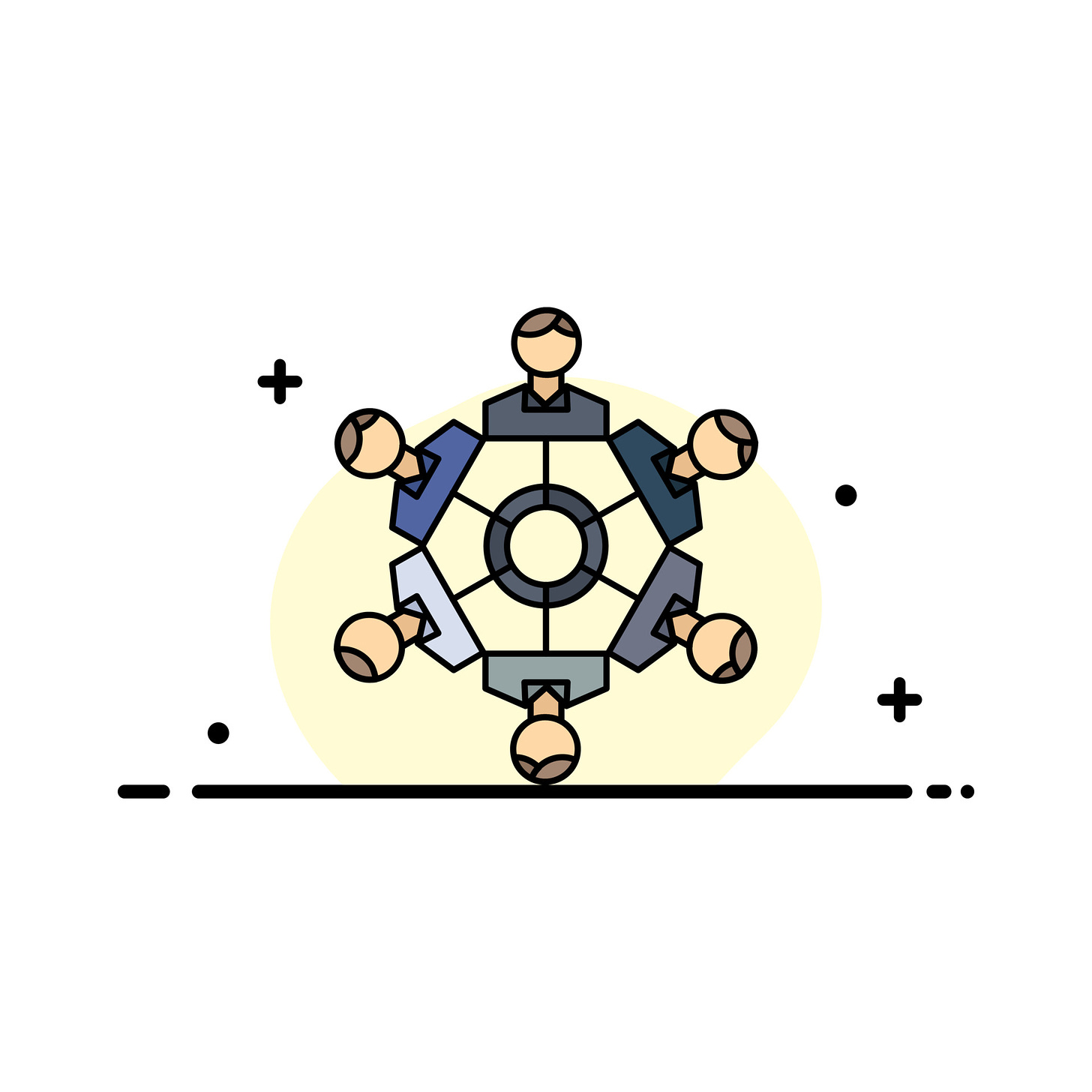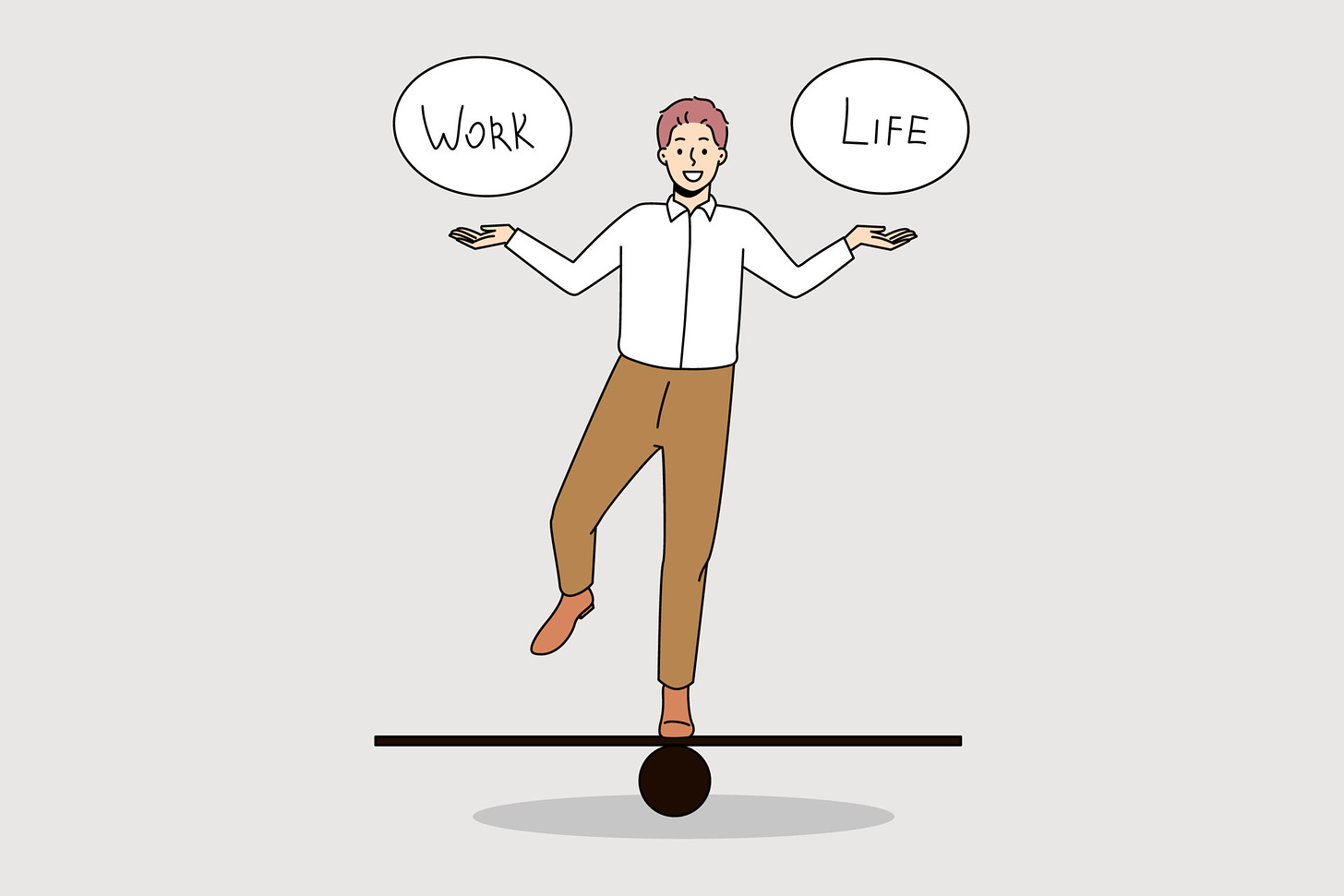Happy Friday everyone!
Yesterday (6th June) was Sweden’s National Day. To keep up with that spirit, I thought I should do a piece on my experiences and learnings from working/living in Sweden.
I would actually like to start with the following disclaimer:
Sweden isn’t perfect. I don’t think any country is and, like any other country, it has it’s positives and negatives. If you’ve been reading my pieces, you would know that my career has had some rough patches. Those, while not necessarily a result of me being in Sweden, did happen here as well and I’ve also struggled on several other aspects. I guess what I am trying to say is that it hasn’t been a bed of roses.
Yet, there are aspects to living here that I love. After all, I’ve been here for close to a decade and a half. In this piece, I’ll go over the bits about Sweden that I have come to appreciate, admire and enjoy.
So, while this piece might come across as one-sided, please note that that’s kind of the point here :).
Now let’s get back into it.
When one embarks on a career in a new country, it brings with it it’s own set of challenges and opportunities. I arrived in Sweden in 2009 to pursue a Masters degree at Uppsala University (about 70km north of Stockholm). Two years later, I moved to Stockholm to pursue a job and have been living/working in Stockholm ever since.
Having spent over 13 years (at the time if writing) of my professional life in Sweden, I've come to appreciate some unique aspects of Sweden’s work culture. There’s a lot of focus on innovation, welfare, a high quality of life and work-life balance.
In this week’s newsletter, thus, I'll delve into my experiences, shedding light on the distinctive features of a career in Sweden and the invaluable learnings they offer.

Happy reading :)
Consensus-driven
One major aspect of the Swedish work environment that struck me fairly early on was the emphasis on seeking consensus. The business culture in Sweden places an exceptionally high value on collaborative and collective collective decision-making. In many other cultures, decisions are imposed from the top. In Sweden, they emerge through discussions involving all relevant stakeholders.
In the beginning, I found this approach a bit frustrating. It felt as if a lot of time was being wasted in order to placate this consensus obsession. However, I realised fairly quickly that this approach fosters a sense of ownership, inclusivity and ensures that diverse perspectives are considered before a conclusion is arrived at. I began to see the value in active participation and effective communication to contribute meaningfully to the consensus-building process. Once consensus is found, because there is a sense of ownership across the board, people generally stick to the plan.
Flat-hierarchy
The professional culture in Sweden places a high value on open communication and accessibility. There may, of course, be exceptions but, in general, the hierarchical structure typical in many workplaces takes on a flatter form.
This was something I was not used to at all but have come to appreciate a lot. In Pakistan, where I am from, the professional culture (at least in my experience) is driven by a top-down mindset. It took me a while to adapt but I gradually got more and more comfortable with it.
Even relative to other western work cultures, Sweden seems to stand a part. I, for instance, started my career in Sweden at The Boston Consulting Group (BCG) and, as you can imagine, the projects they ran were mostly made up of international teams. Yet, there was a visible difference in projects run from the Stockholm office and those that were run, let’s say from the US or Italy.
Don’t get me wrong. There still is a level of seniority that has to be acknowledged. However, the minute you’re working in a team setting, you are colleagues first. You’re encouraged to voice your opinions, whether you’re a fresh graduate or someone who has tens of years of experience.
This flat hierarchy structure fosters a sense of equality and encourages employees to be open without fear of a backlash. The idea, of course, is to develop a culture where every team member feels empowered to contribute, irrespective of their position in the organisational hierarchy. I love that!!
Work-life balance
I had heard a lot about the focus on work-life balance in Sweden but experiencing it first-hand is something else. There is a focus efficiency and productivity during office hours, encouraging employees to disconnect and recharge outside of work. It’s almost like the culture has developed a common understanding that a well-rested and rejuvenated workforce is more productive and well, is more content.
There is a strong emphasis on having a life outside of work. The encouragement to go out and spend time in nature, have a healthy family life and a focus on exercise is something I have really come to appreciate and admire. This emphasis on work-life balance has taught me the value of sustainable practices and the significance of maintaining personal well-being alongside professional pursuits.
Face-time is a Big No
Following on from the flat-hierarchy culture, another key feature is the emphasis on output rather than the number of hours put in. Contrary to some cultures, thus, face-time is not equated with productivity at all. If one doesn’t need to be working, one does not need to be seen to be working. That’s the mindset.
Again, coming from Pakistan, this was something I wasn’t used to at all. At least in my experience, leaving before your boss leaves was considered a big deal. I have, of course, worked with people based in other countries as well and this dynamic seems to be prevalent in several cultures. A BCG colleague of mine, for instance, came to the Stockholm office on a 1 year Ambassador program, from BCG’s San Francisco office. He was surprised to see the extent to which face-time just wasn’t a thing.
A key aspect to this, of course, is that you are expected to be efficient and to the point. You won’t get any additional points for making a deck of 40 slides when you can convey the same message in 25 slides, for instance.
This has allowed me to focus on delivering quality work without unnecessary pressure to conform to rigid working hours. The freedom to manage my time effectively has not only increased my job satisfaction but has also instilled in me the importance of outcome-oriented work cultures.
Fika!!

When it comes to Swedish work culture, or Swedish culture in general, a quintessential part of it is the concept of "fika". Fika roughly translates to a coffee break but it’s more like a cultural institution. The idea, essentially, is to take a break, socialise and foster a sense of camaraderie with colleagues.
Its a practice that emphasises the importance of interpersonal relationships in the workplace. Over the 14 years that I have worked here, I must have had hundreds of fika sessions with my colleagues. Through these fika sessions, I've learned the value of building strong connections with colleagues, both professionally and personally.
The informality of these moments fosters a positive and collaborative work environment, reinforcing the notion that strong professional relationships are often built outside formal meeting rooms. A fika can be scheduled but it can also happen at the spur of the moment. All it takes is someone getting up from their desk and asking, ‘Fika???’ out loud.
Promises are honoured
Yeah I know. I am probably sounding like someone who has had some out-of-the-world experience but hear me out.
There is a latent sense of trust and honesty that seems to exist between the system and the individual in Sweden. Integrity and trust are two cornerstones and you’re expected to stick to what you’ve said, either verbally or in some other way, shape or form.
Perhaps a better way of explaining this, in a professional context, is that people tend to avoid overpromising. When I was managing Business Operations for an international tech company, for instance, I had to run sales team meetings in order to present a forecast for the Board. I often noticed how the Swedish team would hardly ever commit to closing a deal, or even assign a high probability to it, if they weren’t absolutely sure they would be able to have the contract signed with the client within the quarter. On the other hand, if I was running the meeting with teams based elsewhere, they would almost without exception overpromise on their pipeline.
It was almost a given rule that if the Swedish team would forecast 1 million dollars for the quarter, the end result would be 10-15% over that.
While this may come across as being conservative or even pessimistic, the idea is not to promise clients things that are impossible to achieve, be it a deadline or completing a task. The thought of “sure, no problem, we fix it!”, and not delivering on time or not meeting expectations in some other way is far from the norm. That is something I have hardly ever experienced here in Sweden.
Sure. You may be given a completion date that would be weeks/months away and that, of course, is frustrating but, then, you’re safe assuming you’ll get what you asked for. If there would be hiccups, you’ll get to know in advance instead of finding out on the day of the deadline that you won’t get what was agreed.
This commitment to promises not only enhances one's professional standing but also contributes to a culture of trust and dependability within the workplace. On some level, it makes me feel safe.
Lagom

Overall, there seems to be an aspiration for a ‘lagom’ approach. Lagom is a Swedish word that essentially means ‘just right’ or ‘moderate’. Excess, thus, is a big NO.
Across the board, the idea is to aim for just the right level i.e. not more, not less. Be it work or food or clothes, lagom is supposed to be the way to go. From a professional perspective, lagom manifests in practices such as generous parental leave, flexible hours and a focus on low workplace stress. It’s almost as if the culture is to ‘take it easy’.
I carry these lessons with gratitude for the experiences that have shaped my approach to things. It, of course, doesn’t always work perfectly but the ideals are admirable. In embracing the Swedish ethos, I have not only grown as a professional but have also developed a profound appreciation for the solid link between individual success and societal well-being.








It’s good to hear your experiences Nausherwan. I agree there is no perfect place to work but it seems like Sweden has more focus on the benefits to the individual and communities than the corporations.
Fun fact: I also lived in Sweden while in middle school so I definitely have fond memories of there. ✊🏽
Yes I love that fika is in there! I spent 6 months in Stockholm (from more or less midsommar to end of the year - excellent to witness the two extremes) for a wet lab internship. I don't know how science translates to other work cultures in Sweden but fika I definitely remember. The better work/life balance, too: people tended to stay longer hours in the winter, when it was dark and gloomy for most of the time anyway, and then take off a lot of afternoons in the summer to go to the beach or where ever. Also I was at the Lenny Kravitz concert in Gröna Lund where he ripped his pants. This, plus the everything is cinnamon + kardamom, are my core memories of Stockholm, apparently.